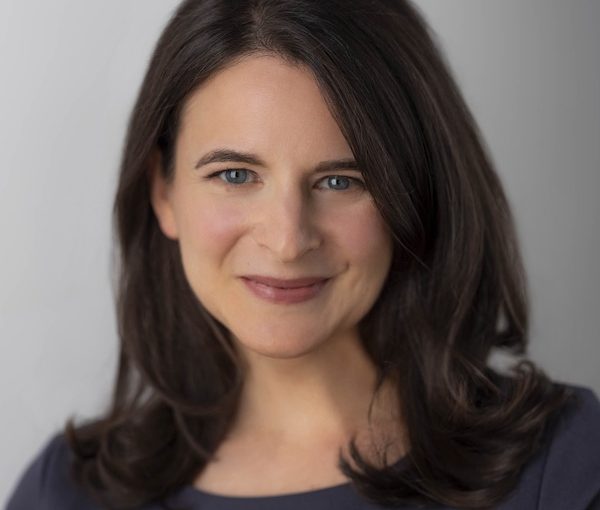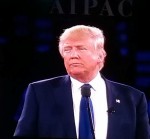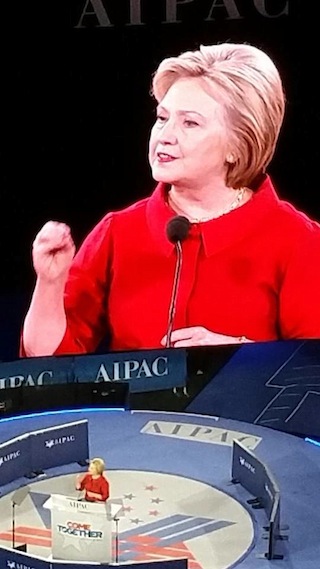Sarah Hurwitz will help launch Jewish Federation of Greater Vancouver’s annual campaign on Sept. 8. (photo from Jewish Federation)
Sarah Hurwitz, who for seven years served as head speechwriter for former first lady Michelle Obama, will be a featured speaker at the Jewish Federation of Greater Vancouver’s annual campaign opening on Sept. 8, which will be held virtually.
Hurwitz spoke to the Independent about her new book, Here All Along: Finding Meaning, Spirituality, and a Deeper Connection to Life – in Judaism (After Finally Choosing to Look There), and her upcoming Vancouver talk, which, before the pandemic, she had planned to deliver in person.
Here All Along traces Hurwitz’s personal journey back to her Jewish roots, a journey that began after an introduction to Judaism class in 2014. Before that time, she said, her main points of contact with the faith had been at “dull, incomprehensible” High Holiday events and a “lifeless” seder.
Her book delves into such areas as the Jewish traditions of questioning, debating and interpreting religious texts, “freeing God from his human-shaped cage,” and marking holidays and lifecycle events.
“What most surprised me (after taking the class) was the depth of spiritual and ethical wisdom Judaism had to offer,” she said. “I had always been proud to be Jewish and considered myself a ‘cultural Jew,’ but I knew almost nothing about Judaism. Once I started learning, I discovered thousands of years of profound wisdom about what it means to be human – how to live a worthy life, how to be a good person, how to find spiritual connection, and so much more.”
When asked how this discovery has affected her life, she explained: “My Judaism informs how I live every day of my life. It informs the ethical decisions I make each day about how to treat others, especially when it comes to the words I speak to and about them. It’s helped me develop an adult spirituality – beyond simplistic notions of the divine as a man in the sky who controls everything and punishes us when we’re naughty – which allows me to feel greater awe, wonder and gratitude each day. And it’s brought me into an amazing community of people, not just in the U.S., but across the globe – spiritual leaders, scholars and Jewish professionals who’ve become my dearest friends, mentors and teachers.”
Study, Hurwitz said, is a big part of her Jewish practice these days, though she would not label it an “intellectual pursuit.”
“Law school was an intellectual endeavour. Jewish study is deeply spiritual and emotional for me. I don’t study Jewish texts to gain information or facts, or to hone my analytical skills. I study them to glean the deepest wisdom of my ancestors about how to live my life,” she explained.
Currently, she is studying Psalms in chavruta (partnership) with a friend. Every week, they connect on Zoom and discuss the language and themes of the Psalmists. She also had a recent series of one-on-one study sessions with a rabbi that focused on Chassidic texts.
Selected last December by the Forward as one of the 50 most influential Jewish Americans, Hurwitz helped the former first lady put together many well-received speeches – including her 2016 Democratic National Convention address – and traveled with Obama around the world. She also worked on policy issues, as a senior advisor to the White House Council on Women and Girls.
Before working at the White House, Hurwitz was chief speechwriter for Hillary Clinton during Clinton’s 2008 presidential primary campaign. She then joined the Obama campaign, serving as a senior speechwriter for then-Senator Barack Obama and helping Michelle Obama draft her 2008 Democratic National Convention speech.
Prior to the Clinton and Obama campaigns, Hurwitz served as deputy chief speechwriter for Senator John Kerry’s 2004 presidential run and also worked as a deputy chief speechwriter for General Wesley Clark’s primary bid, as well as for Senator Tom Harkin. Earlier in her career, she was a lawyer at the Washington, D.C., office of WilmerHale. Presently, she is working on a proposal for another book and, while she does not write speeches at the moment, she does “help people out with remarks they’re giving, or offer edits.”
Hurwitz’s Vancouver talk will explore a wide range of subjects, such as working for Michelle Obama in the White House, spiritual and ethical insights in Judaism that have most transformed her life, and some thoughts on the future of Judaism. She will be joined at the virtual launch by fellow keynote speaker Nigel Savage, president and chief executive officer of Hazon (jewishindependent.ca/the-world-needs-us-to-change). To register for the Sept. 8 campaign opening, visit jewishvancouver.com/faco2020.
Sam Margolis has written for the Globe and Mail, the National Post, UPI and MSNBC.



